Steve Rosenberg: Putin's Talks Offer May Be a Bid to Divide the US and Europe
We've seen it before: Vladimir Putin doesn’t respond well to ultimatums — and his latest move suggests little has changed.President Vladimir Putin has sharply criticized European leaders for what he called their "boorish" tone and ultimatum-style diplomacy. Though he offered no specifics, his remarks were an unmistakable response to warnings issued by European leaders in Kyiv: unless Russia agrees to a 30-day unconditional ceasefire starting Monday, it will face tougher sanctions and increased Western military support for Ukraine.
On Saturday, UK Labour leader Sir Keir Starmer remarked, “If [Putin] is serious about peace, then he has a chance to show it.” The Kremlin’s answer was essentially: “We’re serious, but we’ll do it on our terms.”
Putin’s counterproposal? Direct talks with Ukraine, scheduled for next Thursday in Istanbul. However, crucially, there’s no commitment to a ceasefire — not even a temporary one.
So is this a genuine peace initiative or a stalling tactic? And does it signal an effort to fracture the Western alliance supporting Ukraine?
A key question arises: Does Vladimir Putin really want peace? He insists he does — but only on Russia’s terms.
From Moscow’s perspective, a ceasefire offers little strategic benefit, especially while Russian forces believe they hold the initiative on the battlefield. At the same time, the Kremlin wants to avoid being seen as a barrier to peace. It is particularly focused on improving ties with the Donald Trump administration, which it hopes will eventually ease sanctions and help revive Russia’s economy.
By proposing direct negotiations, Putin is signaling to Washington: “I’m open to peace.” But his refusal to halt hostilities suggests otherwise. The Kremlin’s vague mention of not “excluding” future ceasefires is unlikely to satisfy Ukraine or its allies.
For Kyiv, the calculus is clear: Russia’s actions continue to show a desire to seize more territory, not make concessions. And let’s not forget — it was Putin who ordered the full-scale invasion in 2022, under the guise of a "special military operation."
Last night, addressing a small group of Russian and foreign journalists at the Kremlin, Putin declared: “There is ongoing fighting, war. But we’re offering to resume talks that were interrupted, and not by us. What’s bad about that?”
Yet no questions were taken. After his speech, Putin walked out.
The timing and nature of this offer seem calculated. While European leaders remain firm that a ceasefire must come before any negotiations, reactions in Washington are more mixed. Former President Trump praised Putin’s proposal, calling it a “potentially great day for Russia and Ukraine” and pledging to continue working with both sides.
French President Emmanuel Macron, by contrast, dismissed the offer as insufficient, stressing: “An unconditional ceasefire is not preceded by negotiations.”
The Kremlin may well be hoping that its Istanbul proposal will drive a wedge between European unity and U.S. policy — a tactic it has used before.
But until the bombs stop falling, the talk of peace remains just that — talk.








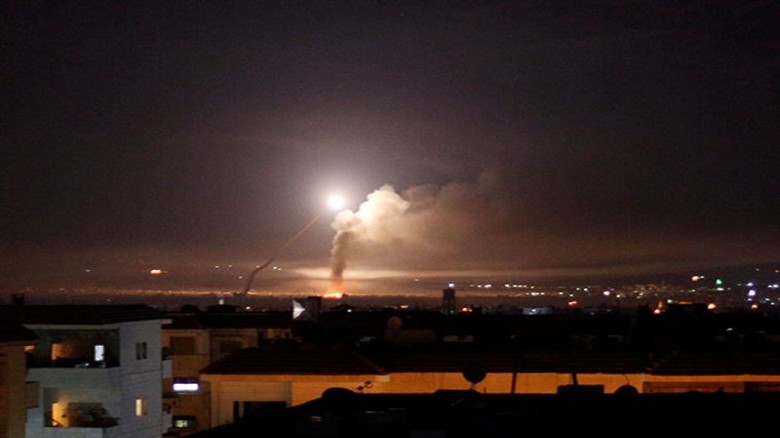
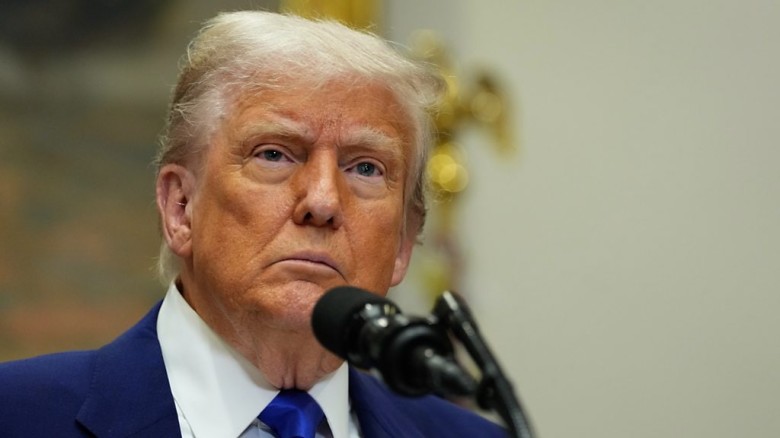
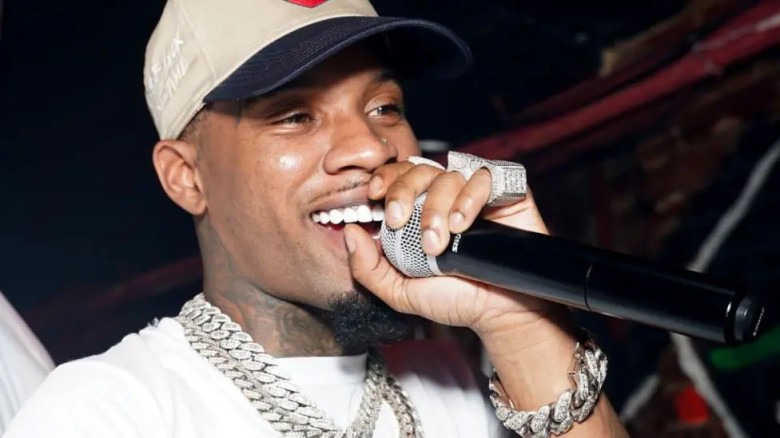
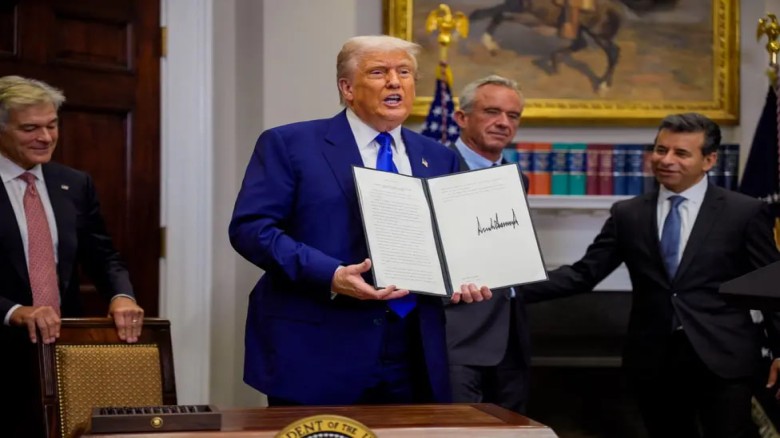
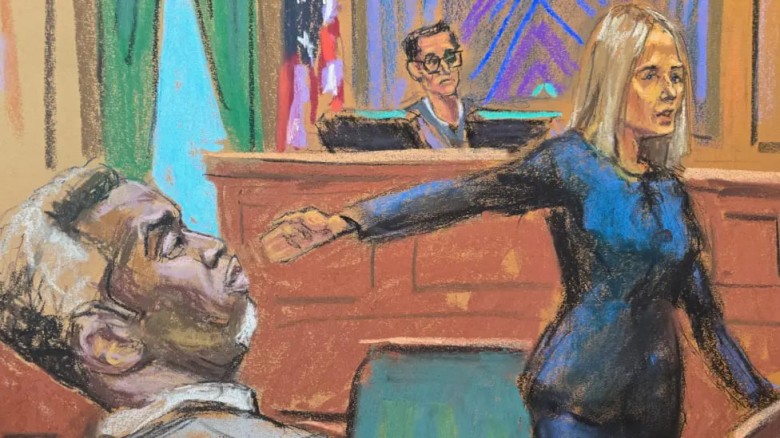




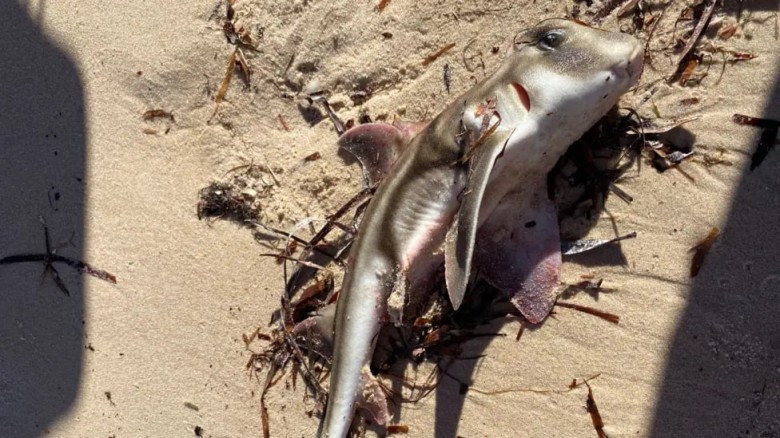

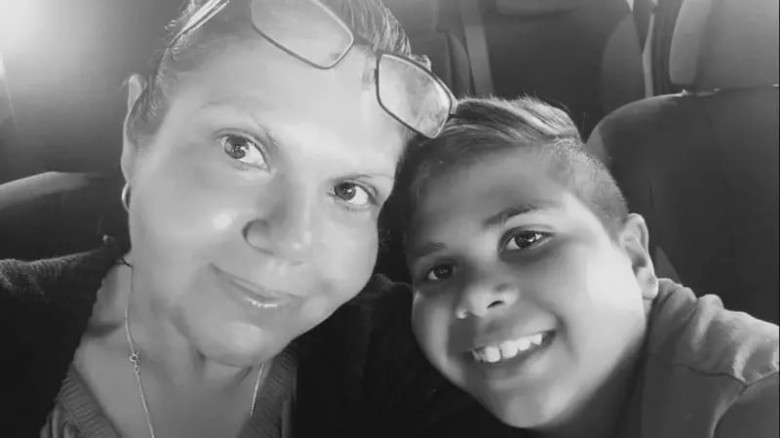
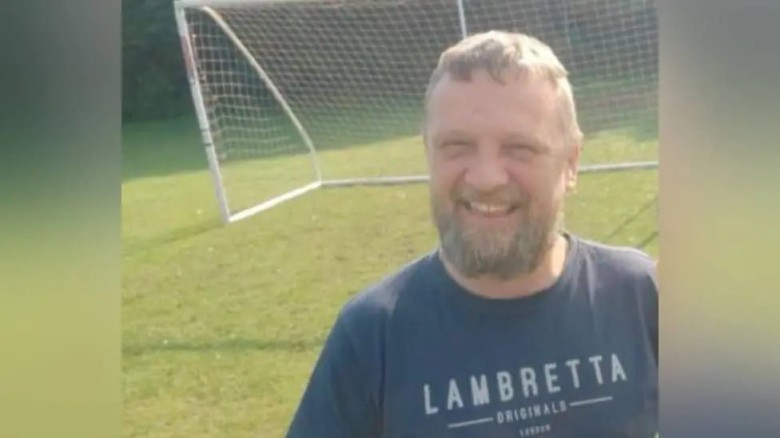
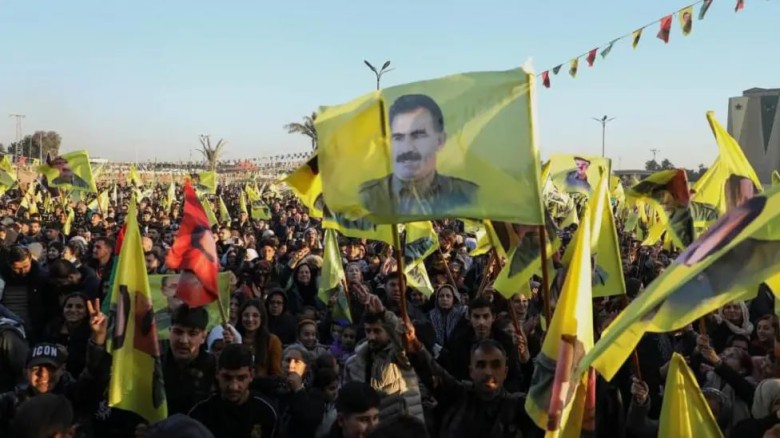
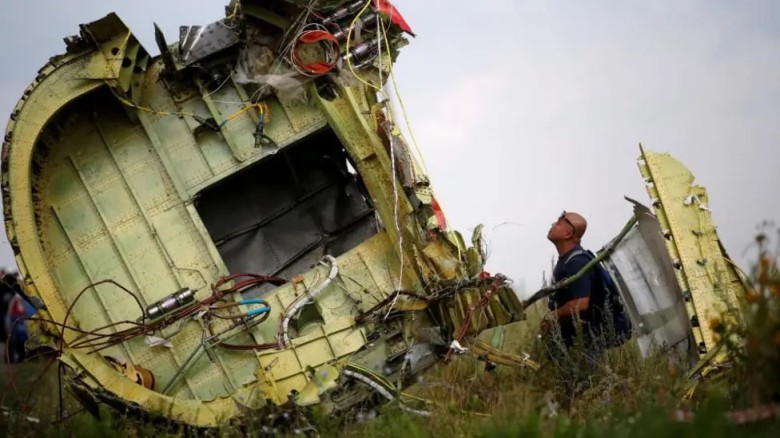
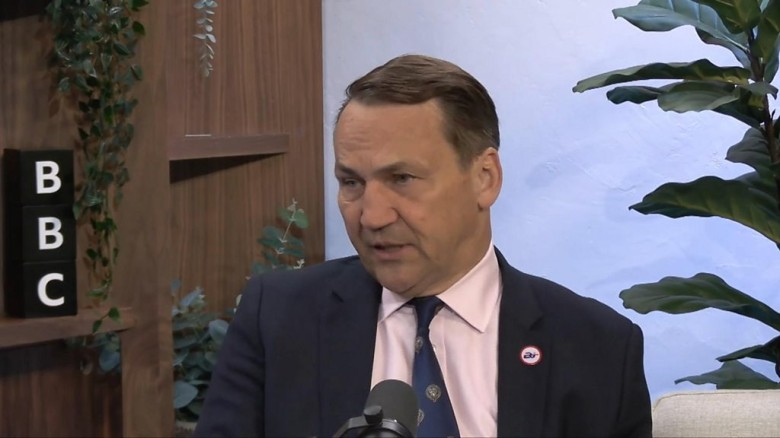


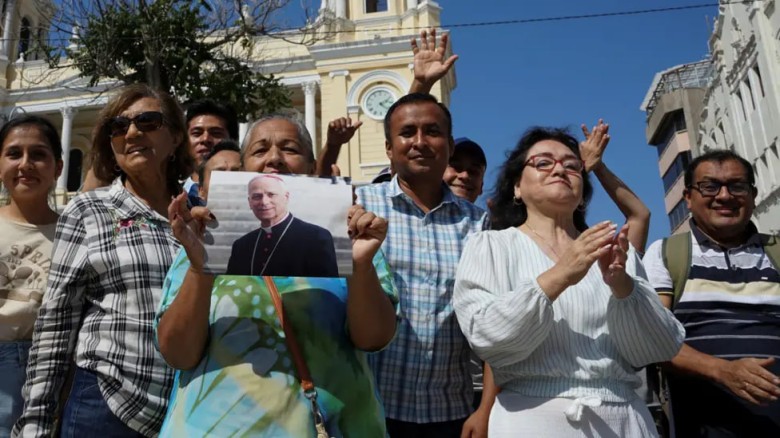
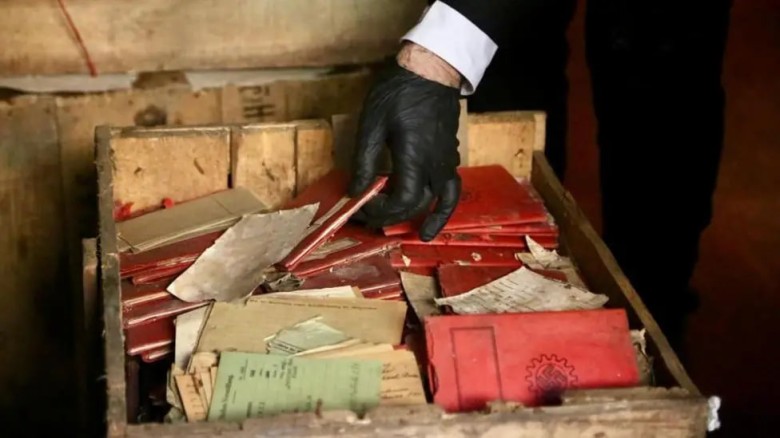










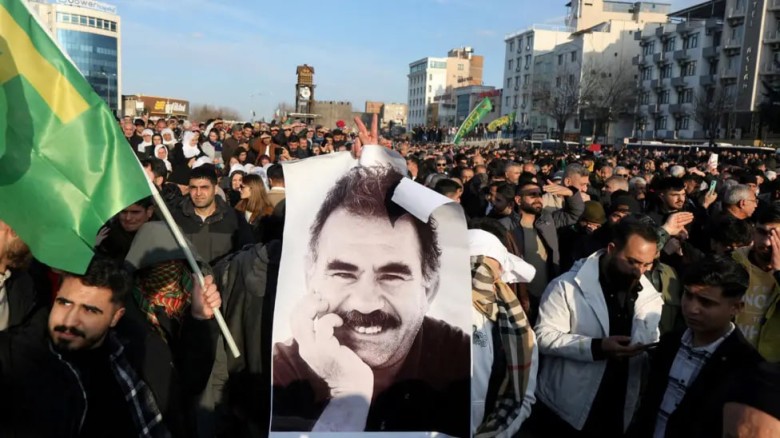
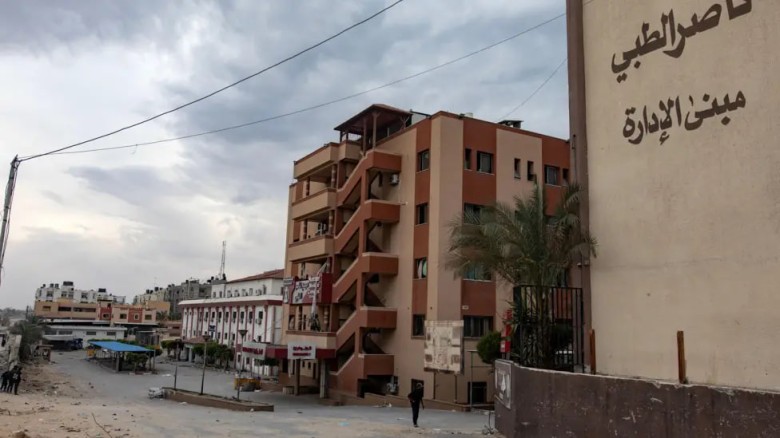
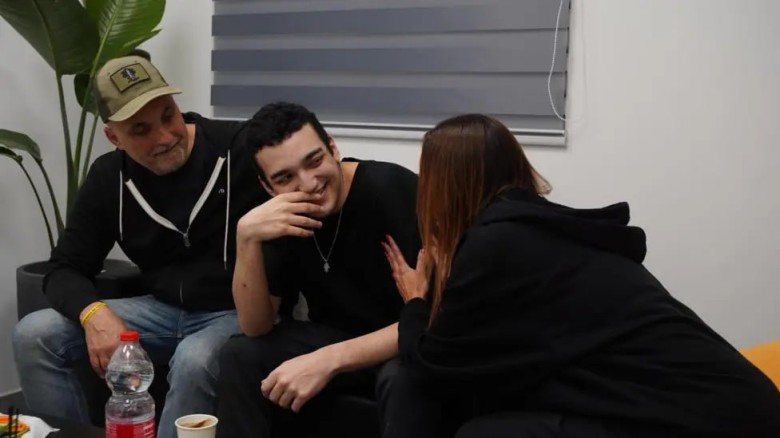
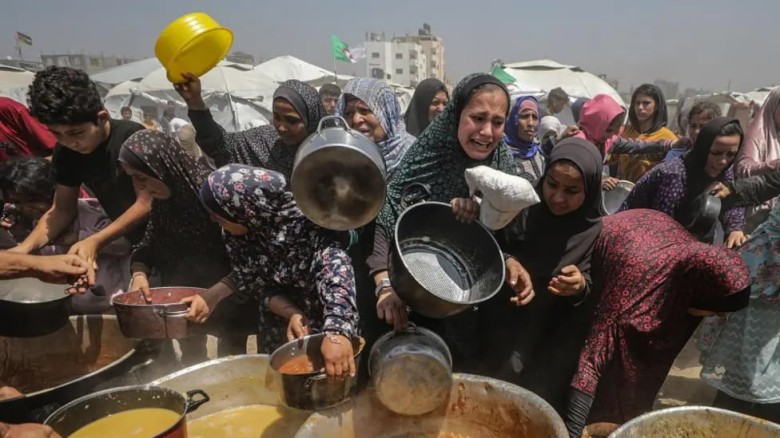







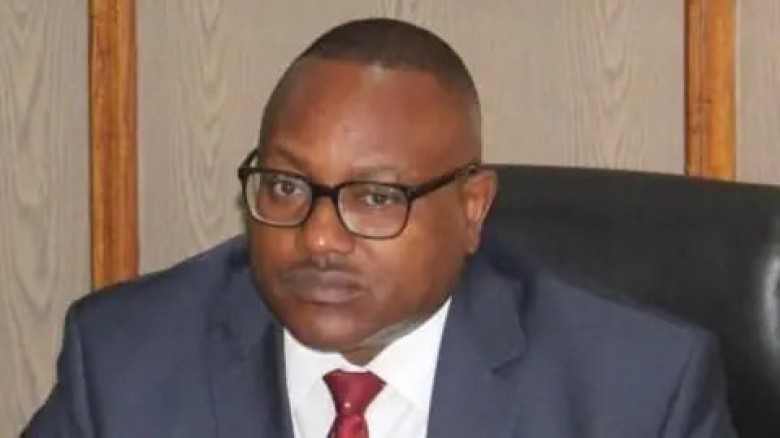
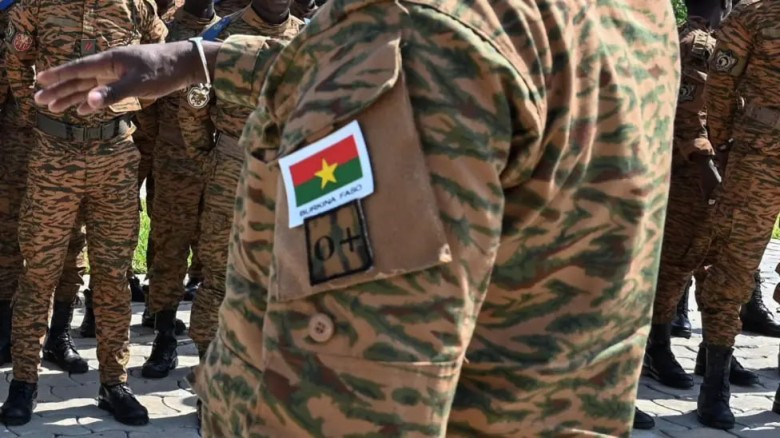
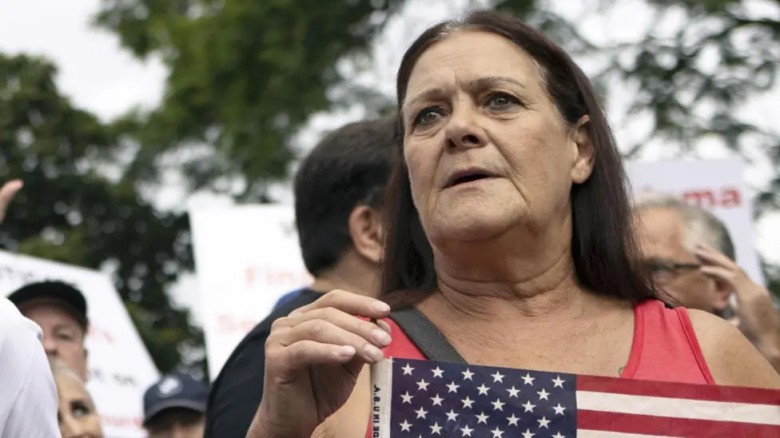
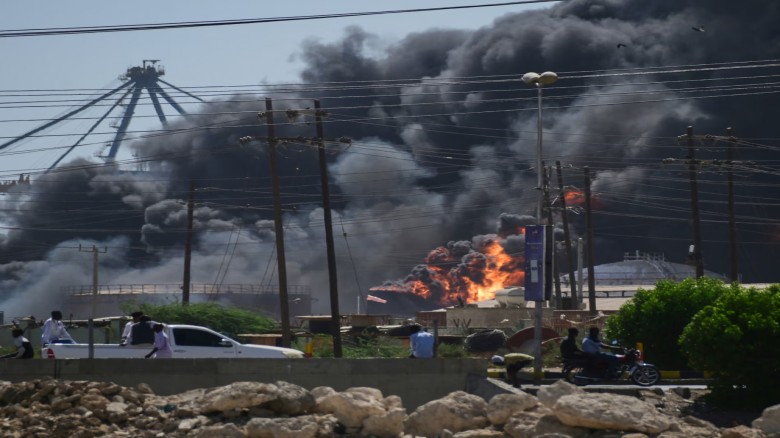



















Leave A Comment